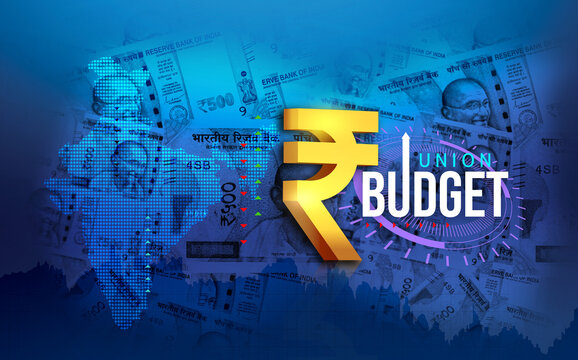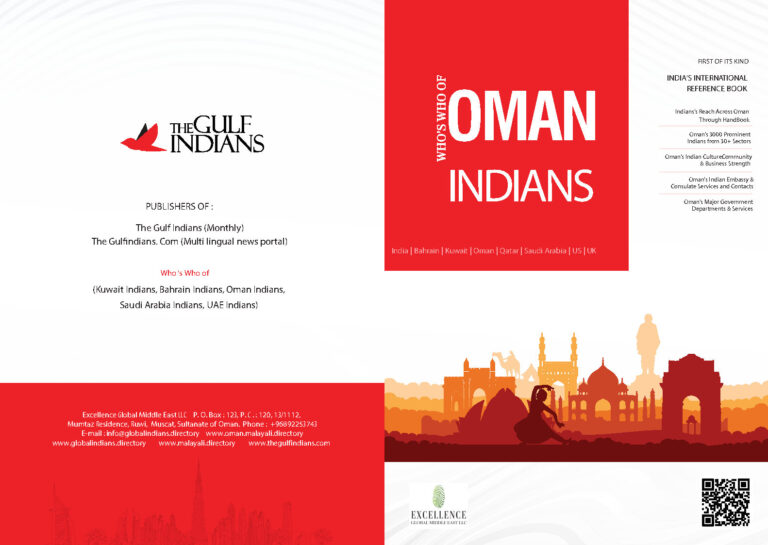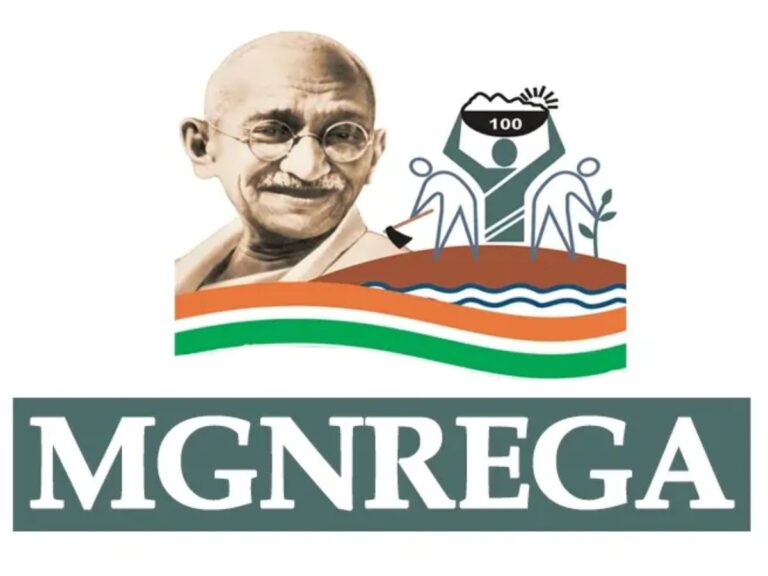Online misinformation about election fraud plunged 73 per cent after several social media sites suspended US President Donald Trump and key allies last week, research firm Zignal Labs has found, underscoring the power of tech companies to limit the falsehoods poisoning public debate when they act aggressively, a newspaper report said.
The new research by the San Francisco-based analytics firm reported that conversations about election fraud dropped from 2.5 million mentions to 688,000 mentions across several social media sites in the week after Trump was banned from Twitter, The Washington Post said.
Election disinformation had been a major subject of online misinformation for months, beginning even before the November 3 election, pushed heavily by Trump and his allies.
Zignal found it dropped swiftly and steeply both on Twitter itself and other platforms in the days after the Twitter ban took hold on January 8.
The president and his supporters also have lost accounts on Facebook, Instagram, Snapchat, Twitch, Spotify, Shopify and others. Facebook called its suspension “indefinite” but left open the possibility Trump’s account could later be restored.
The findings highlight how falsehoods flow across social media sites – reinforcing and amplifying each other – and offer an early indication of how concerted actions against misinformation can make a difference.
Twitter’s ban of Trump on Jan. 8, after years in which @realDonaldTrump was a potent online megaphone, has been particularly significant in curbing his ability to push misleading claims about what state and federal officials have called a free and fair election on Nov. 3.
Trump’s banishment was followed by other actions by social media sites, including Twitter’s ban of more than 70,000 accounts affiliated with the baseless QAnon ideology, which played a key role in fomenting the Capitol siege on Jan. 6.
“Together, those actions will likely significantly reduce the amount of online misinformation in the near term,” said Kate Starbird, disinformation researcher at the University of Washington. “What happens in the long term is still up in the air.”
Zignal found that use of hashtags affiliated with the Capitol riot also dipped considerably. Mentions of the hashtag #FightforTrump, which was widely deployed across Facebook, Instagram, Twitter, and other social media services in the week before the rally, dropped 95%. #HoldTheLine and the terms “March for Trump” also fell more than 95%.
The research by Zignal and other groups suggests that a powerful, integrated disinformation ecosystem – composed of high-profile influencers, rank-and-file followers and Trump himself – was central to pushing millions of Americans to reject the election results and may have trouble surviving without his social media accounts.
Researchers have found that Trump’s tweets were retweeted by supporters at a remarkable rate, no matter the subject, giving him a virtually unmatched ability to shape conversation online. University of Colorado information science professor Leysia Palen declared in October, after months of research, “Trump’s amplification machine is peerless.”
Delhi Airport Becomes 9th Busiest in the World, Surpassing LAX, Paris & New York
New Delhi ∙ Indira Gandhi International Airport (IGIA) in Delhi has made a remarkable leap in global aviation rankings, climbing to 9th place among the















